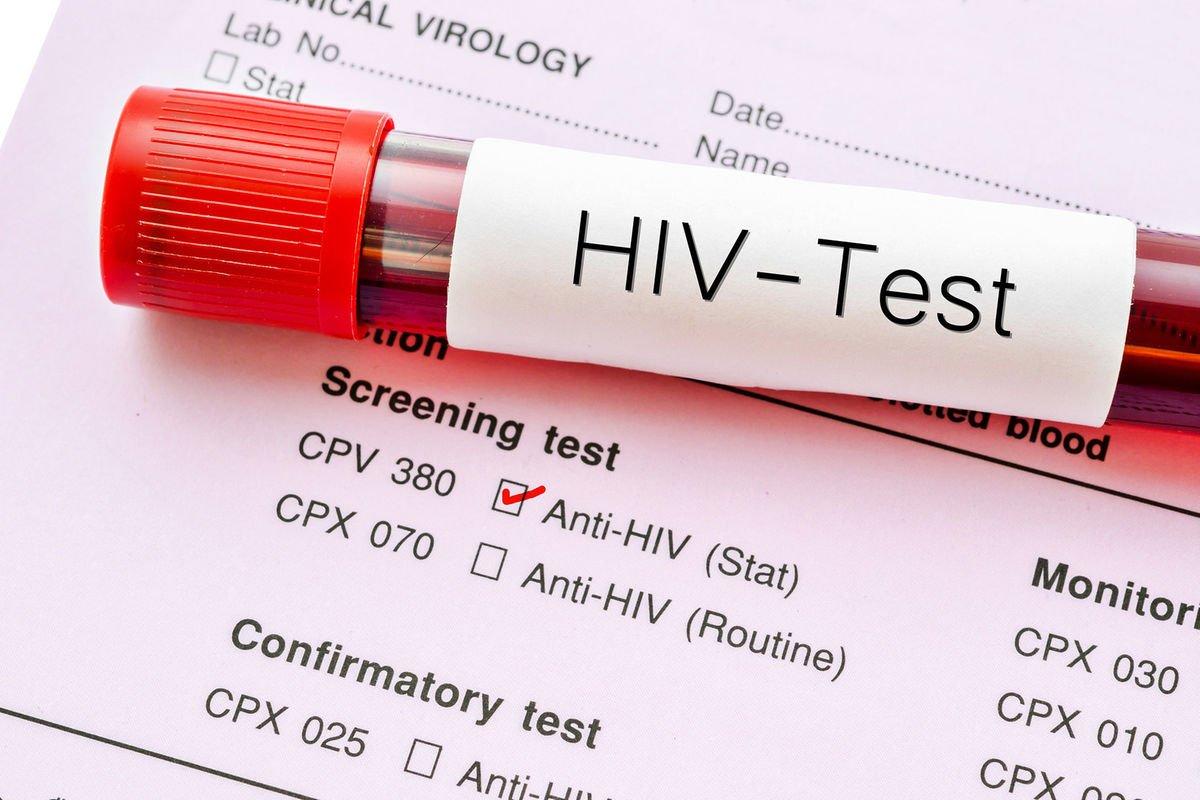Africa-Press – Uganda. Progress in the fight against HIV/Aids is “now dangerously slowing” according to the latest data from UNAIDS on the global HIV response.
This global warning aptly applies to Uganda. It is one which the country, both the population and the government, must take seriously.
There are 1.5 million new infections annually, according to UNAIDS, and a person still dies every minute from HIV/Aids.
Every two minutes in 2021, an adolescent girl or young woman was newly infected with HIV. In Uganda’s case, of the 54,000 new HIV infections recorded in the cited period, at least 15,000 were girls.
Between 2010 and 2020 the number of people living with HIV in Uganda increased from 1.2 million to 1.4 million, according to available Health ministry data. This grim statistic confirms the urgent need for improved access and utilisation of HIV services such as testing, care and treatment.
According to the Uganda Aids Commission (UAC), the country plans to reduce the number of youth and adult HIV infections by 65 percent and paediatric infections by 95 percent by 2025.
Uganda also shares the big dream of completely eradicating the disease as a public health threat by 2030. It is huge for a country where almost every family has been affected by the disease.
Research suggests keeping girls in secondary school and providing them with life skills, training and employment opportunities is key to ending the Aids pandemic in Africa, including in Uganda.
Ensuring that girls complete secondary education reduces their risk of acquiring HIV by up to half, and that combining this with a package of services and rights for girls’ empowerment reduces their risk further, the Unaids notes.
“Failure would be fatal, but it is not inevitable,” says UNAIDS Executive Director Winnie Byanyima. “Ending Aids will cost much less money than not ending Aids. Importantly, the actions needed to end Aids will also better prepare the world to protect itself against the threats of future pandemics”. This is a view that we share.
Uganda government funding is key as well as rallying key donors such as the United States President’s Emergency Plan for AIDS Relief (PEPFAR) or the Global Fund to Fight AIDS, Tuberculosis or Malaria (the Global Fund).
We urge the authorities to build on the progress in prevention and treatment over the last three decades to tackle the ever present threat that is putting millions of people in grave danger. Resources must be mobilised and transparently deployed in sectors where they are most needed.
For More News And Analysis About Uganda Follow Africa-Press






